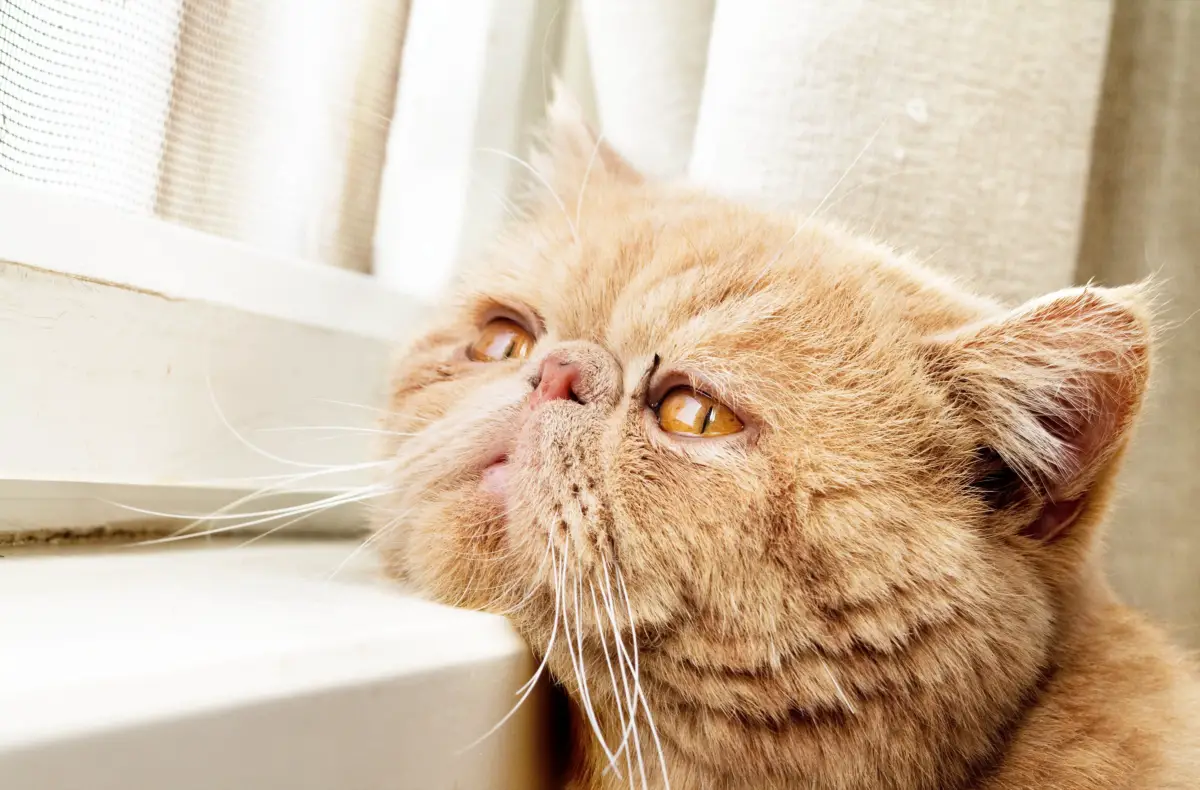EDITORIAL PURRSPECTIVE
When people go on vacation or leave for a trip, they board their dog and leave the cat at home because “the cat is independent.” People proudly exclaim, “I love cats! Just leave a big bowl of food and water and they take care of themselves!” The cat owner comes home to disarray and wonders why the cat “acted out” or had “bad behavior” while the pet parents were on vacation. The myth that cats are independent and do not need their humans needs to be debunked.
At the Purina Better with Pets Summit (#BetterWithPets), which focused on the emotional wellness of pets, I had the privilege of meeting with Sandra Lyn, Ph.D. and Behaviorist with Nestlé Purina. I asked her why so many cat owners feel this way and what her thoughts were on this issue.
Sandra told me that despite what people think, cats are social animals and they form social bonds. “When your cat ‘acts out,’ s/he’s telling you, ‘I was so stressed that you left me at home all alone! I don’t want to be left alone!’ The fact is, cats don’t ‘act out’ or have negative or malicious intentions,” said Lyn. Humans tend to project their own beliefs on their pets.
“Cats are social animals and form social bonds…” – Sandra Lyn, Ph.D.
Have you considered…?
Speaking candidly with Dr. Lyn, she indicated that leaving your cat with a big bowl of food and water can actually be neglectful. “Some cats become so stressed when their owners don’t come home that they eat the entire week’s worth of food you left for them, in a matter of days. So while you think you’ve left plenty of food, your cat may actually have had nothing to eat for days, or weeks depending on how long you’ve been gone,” says Lyn. You return from your vacation and think the cat just ran out of food and water, when in fact, her bowl has been empty for days or longer!!
So what should you do if you’re planning a trip?
Dr. Lyn recommends finding a trusted person like a family member, neighbor or friend – someone your cat trusts – to stay with your cat. If you don’t have someone like that, hire a professional and make sure he or she can meet your cat before your trip.
Whether you choose a friend, family member or pet sitter, be sure to let the person know your routine. Cats thrive on routine and become stressed when their routine is interrupted. Consider the following:
- What time(s) of the day do you feed your cats? Try to keep feeding times consistent.
- What kind of food do you feed your cats? Keep their food the same.
- What time of day do you clean the litter box? Does it get cleaned more than once per day? Try to have the litter box cleaned at the same time and frequency.
- When do you play with your cats? How long are your cat’s play sessions? Have your pet sitter play with your cat the way you do.
- What are you cat’s favorite toys? Be sure your pet sitter knows.
When you take a trip, be sure that you keep your cat’s emotional wellness top of mind. Prepare ahead of time to keep their routine the same as if you were there. Try to keep the environment the same as well, and consider that you, the pet owner, are part of their environment. When you leave, you are disrupting their environment.
“You are part of your cat’s environment. When you leave, you’re disrupting their environment.”
Do you know someone who leaves their cats at home to fend for themselves? Please share this article with them and others.
Purina is a social! Follow them on Facebook , Twitter, Instagram and search the event hashtag #BetterWithPets to follow the conversation!
About Sandra Lyn, Ph.D., Behaviorist, Nestle Purina
Sandra Lyn is a behaviorist at Purina where she leads the Nestlé Purina Global R&D Feeding Behavior research program. For more than 11 years she has conducted research for Nestlé Purina Petcare on understanding the feeding behavior of cats and dogs and what their feeding behavior can tell their owners. Sandra has researched the ingestive behavior of humans and animals for more than 20 years. She has a Ph.D. in behavioral psychology from the University of Florida.



